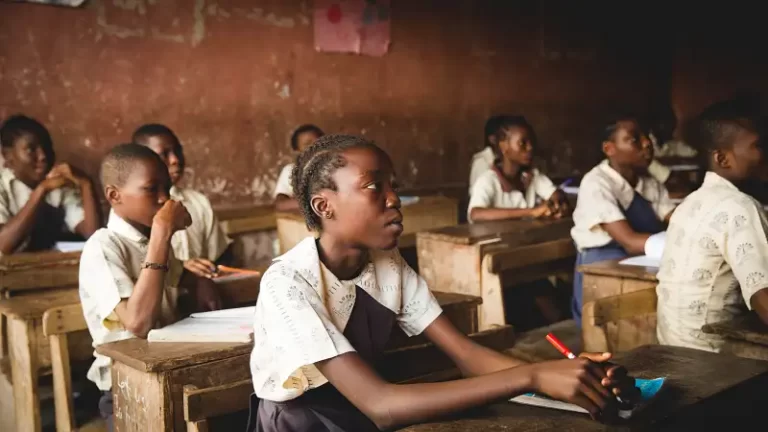
Talcott Parsons’ Idea: School as a Form of Secondary Socialization
Learn about Talcott Parsons' theory on the role of schools in secondary socialization. Understand the concept of secondary socialization and how schools function as a bridge between the family and wider society. Explore the functions of schools in transmitting cultural values, promoting social integration, allocating roles, and socializing individuals into societal roles. Discover critiques of Parsons' theory and its impact on understanding the role of schools in secondary socialization.

